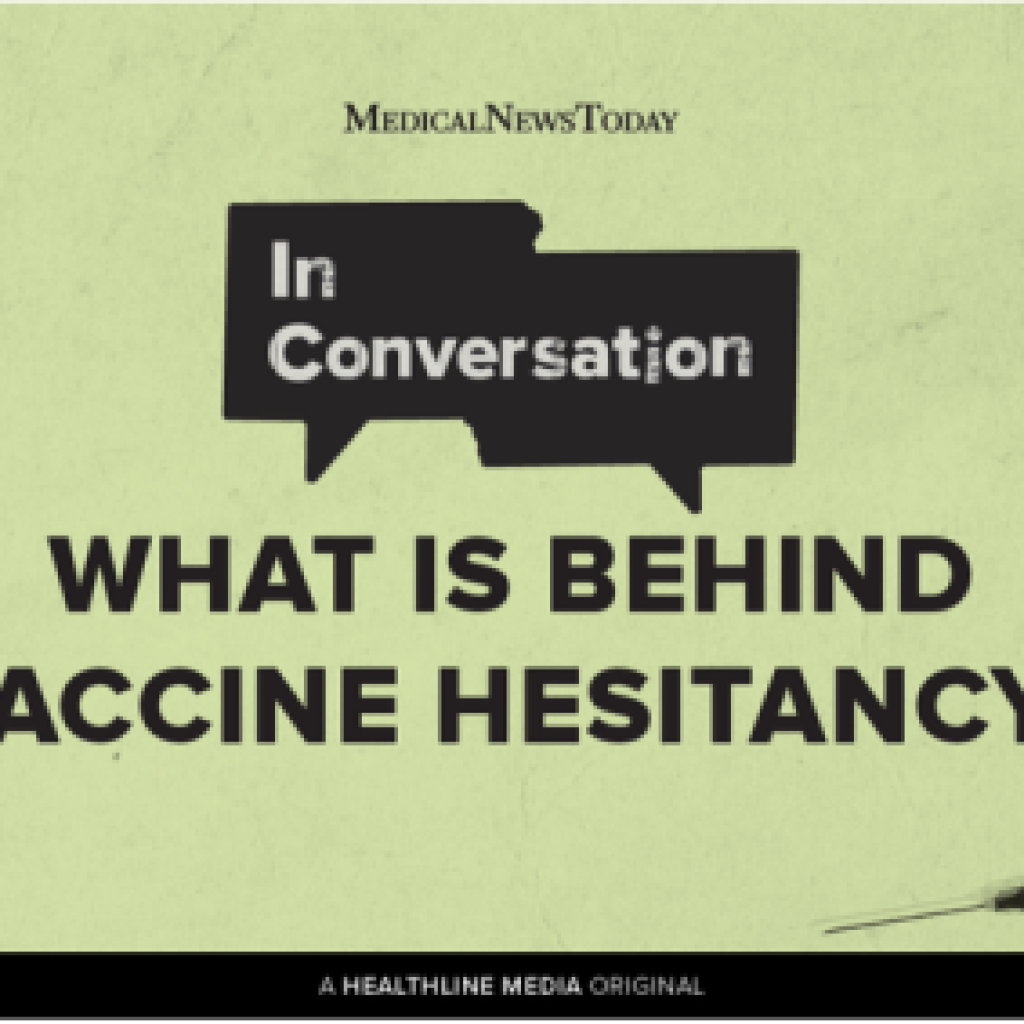In a bid to curb the spread of SARS-CoV-2, the virus that causes COVID-19, public health experts have been pushing for a fast and effective vaccine rollout. However, some members of the public have been hesitant to take up vaccines. What happened, and is there something that science communicators keep getting wrong about vaccine hesitancy?
Millions of people around the world have now received a vaccine for COVID-19, yet for many the decision was not an easy one — indeed, some people are yet to accept a COVID-19 vaccine, even though it is available to them.
Some researchers have named this phenomenon “vaccine hesitancy” — the European Centre for Disease Prevention and Control (ECDC) defines it as the “delay in acceptance or refusal of vaccines despite availability of vaccination services.”
But what renders people unsure about accepting any given vaccine? And is vaccine hesitancy something that science communicators can help resolve?
Theories about the reasons behind people’s vaccine-related worries abound, and they may all hold some truth. Some researchers surmise that what makes people hesitant about whether or not they should accept a vaccine is the lack of access to accurate, complete informationTrusted Source about that vaccine.
Others say that it all comes down to the spread of willful dis- and misinformationTrusted Source about vaccination. Yet others point out that, during the COVID-19 pandemic, those belonging to some historically marginalized communities, such as Black Americans, were the most likely to be hesitant about COVID-19 vaccines.
This is due to a long history of medical experimentation and gaslighting experienced by this community, as well as to present experiences of racism and discrimination when attempting to access healthcare. But the lack of trust in scientists and public health authorities spreads much farther and deeper, and it may be a core factor in vaccine hesitancy around the world.
In this installment of the In Conversation podcast, we spoke with Prof. Maya Goldenberg, who is a professor of philosophy at the University of Guelph in Ontario, Canada, and the author of Vaccine Hesitancy: Public Trust, Expertise, and the War on Science.
We were also joined by reporter Aaron Khemchandani, who is a science communication MSc student at Imperial College London in the United Kingdom, and who has studied the phenomenon of mistrust in science.
The author is Maria Cohut, Ph.D. published on August 25, 2022 in Medical News Today.
Published in GI-Mail 09/2022 (English edition).
- Do you already know our monthly newsletter GI-Mail with useful tips on postgraduate courses?
Sign up here. - Are you looking for vacancies or new career challenges? Here you will find the latest vacancies and job offers.
- Do you already know our monthly job-information GI-Jobs with current job offers for doctors, managers and nurses? Sign up here.
- Are you interested in up to date postgraduate courses and CME? In our education database »medicine & health« you will find new education events from over 2300 organizers.


